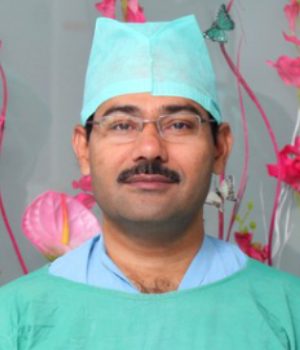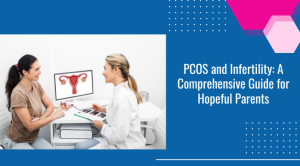ICSI stands for Intra-Cytoplasmic Sperm Injection, which is specialized infertility treatment. It involves injecting a healthy sperm into an egg to manually form healthy embryos. ICSI is a form of IVF. Healthcare providers commonly use ICSI when male infertility affects a couple’s ability to conceive a child.
Intracytoplasmic means that the sperm injection is given inside an egg’s cytoplasm. This is the gel-like substance in the centre of an egg, made up of salt, water, and other molecules.
How is ICSI different from IVF?
ICSI is itself a type of IVF. With traditional IVF, the doctor places thousands of sperm cells on an egg on a laboratory dish. Whether one of the cells penetrates the egg to fertilize it is left up to chance. If none of the sperm fertilizes the egg, conception (also called fertilization) doesn’t occur.
ICSI promotes fertilization by injecting a single sperm cell into a single egg. Still, ICSI doesn’t guarantee 100% successful fertilization. In both ICSI and IVF, your healthcare provider implants the fertilized egg into your uterus or womb.
When is ICSI Prescribed?
ICSI is mostly helpful for males experiencing infertility. Your doctor may recommend ICSI if the male partner has:
- Anejaculation
- Poor sperm quality
- Blockage in the male reproductive system
- Low sperm count
- Retrograde ejaculation
Before ICSI
Before ICSI, your healthcare provider must collect the eggs and sperms.
Unless you’re using previously frozen sperm, sperm collection takes place on the same day as the egg retrieval process.
The male partner should:
- Refrain from sex and masturbation for two to three days before the collection.
- Provide ejaculate sample into a lab-provided container. The facility must receive the sample within 60 minutes from ejaculation.
During ICSI
During ICSI, your healthcare provider:
- Holds a mature egg on a lab dish
- Loads a thin needle device with a sperm
- Inserts the needle into the egg
- Injects the sperm directly into the cytoplasm
- Withdraws the needle
After ICSI
After ICSI treatment, the doctor monitors the fertilized egg in the laboratory for signs of successful fertilization. A healthy fertilized egg divides into cells within five to six days, forming a blastocyst. Next, your healthcare provider will evaluate the blastocyst’s size and cell mass to determine when it’s most likely to lead to a pregnancy.
If you have trouble conceiving, your healthcare provider may recommend ICSI. This type of IVF is especially helpful in case of male infertility. ICSI involves various steps. Talk to your doctor about whether ICSI treatment is right for you. If you want fertilization treatment in Aurangabad, book an appointment with Endoworld hospital Right away!





